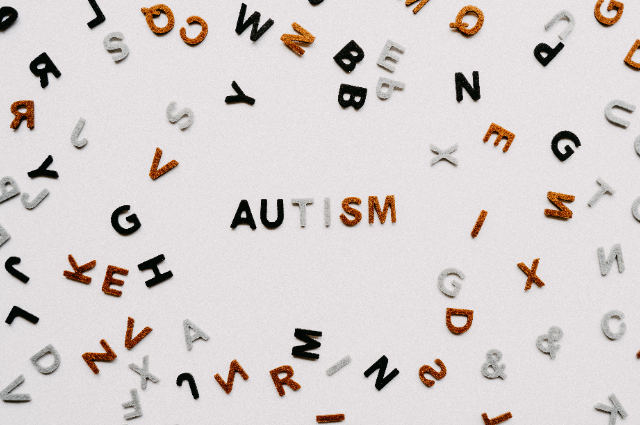
Photo by Annie Spratt on Unsplash
World Autism Awareness Day (WAAD), observed annually on April 2nd, is a global initiative dedicated to raising awareness about autism spectrum disorder (ASD). This day serves as a pivotal moment to foster understanding, promote acceptance, and advocate for the rights of individuals with autism.
History and Significance
Established by the United Nations in 2007, WAAD aims to spotlight the challenges faced by those living with autism and emphasize the importance of early diagnosis and intervention. The prevalence of autism has been steadily increasing, making it imperative to address the needs of individuals on the spectrum and provide them with a supportive environment.
Theme and Activities
Each year, WAAD is marked by a specific theme to guide the day’s activities. Themes such as “Inclusion Matters” and “Empowering Women and Girls with Autism” have been chosen to address various aspects of autism. Organizations, communities, and individuals around the world engage in a range of activities, including awareness campaigns, educational events, and fundraisers to support autism-related causes.
Understanding Autism
Autism is a complex neurodevelopmental disorder characterized by challenges in social interaction, communication difficulties, and repetitive behaviors. It is a spectrum disorder, meaning that individuals with autism can exhibit a wide range of strengths and challenges. WAAD plays a crucial role in dispelling myths and misconceptions surrounding autism, fostering a more accurate understanding of the diverse experiences of those on the spectrum.
Promoting Inclusion
Inclusivity lies at the heart of the WAAD mission. Efforts are directed toward creating environments that accommodate the unique needs of individuals with autism. This includes education systems, workplaces, and public spaces that embrace neurodiversity, allowing everyone to contribute their talents and skills. Advocates use this day to push for policies that promote inclusivity and ensure that individuals with autism have equal opportunities in all aspects of life.
Empowering Families and Caregivers
Beyond the individual with autism, WAAD recognizes the crucial role played by families and caregivers. The day sheds light on the challenges faced by those supporting individuals on the spectrum, emphasizing the need for accessible resources, respite care, and mental health support. By acknowledging the contributions of families and caregivers, WAAD encourages a holistic approach to autism advocacy that considers the well-being of the entire support network.
Harnessing Technology for Support
Advancements in technology have opened new avenues for supporting individuals with autism. On World Autism Awareness Day, there is a growing emphasis on leveraging technology to enhance communication, social skills, and educational opportunities for those on the spectrum. From specialized apps to virtual reality programs, these innovations contribute to creating more inclusive and accessible environments.
Education as a Cornerstone
Education remains a cornerstone in the journey towards autism awareness and acceptance. WAAD advocates for inclusive educational practices that cater to the diverse learning styles of individuals with autism. It calls for increased training for educators, the development of tailored curricula, and the establishment of supportive environments that empower students with autism to thrive academically and socially.
Global Awareness and Collaboration
WAAD serves as a catalyst for international collaboration among governments, NGOs, and individuals. The day encourages dialogue and the sharing of best practices in autism research, intervention strategies, and support systems. Collaborative efforts are essential in addressing the global impact of autism and advancing the well-being of individuals with ASD across cultural and geographical boundaries.
Challenges and Future Directions
While significant progress has been made, challenges persist in ensuring that individuals with autism receive the support and understanding they deserve. Advocates continue to push for increased access to healthcare, education, and employment opportunities. Ongoing research is vital to uncovering the complexities of autism and developing innovative interventions to enhance the quality of life for those on the spectrum.
Conclusion
World Autism Awareness Day serves as a poignant reminder of the importance of empathy, acceptance, and advocacy. By fostering a global conversation, promoting inclusivity, and challenging stereotypes, we can collectively create a world that embraces and celebrates the diversity of individuals with autism. It is a call to action for governments, communities, and individuals to work together in building a more inclusive and supportive society for everyone, regardless of their place on the autism spectrum.
